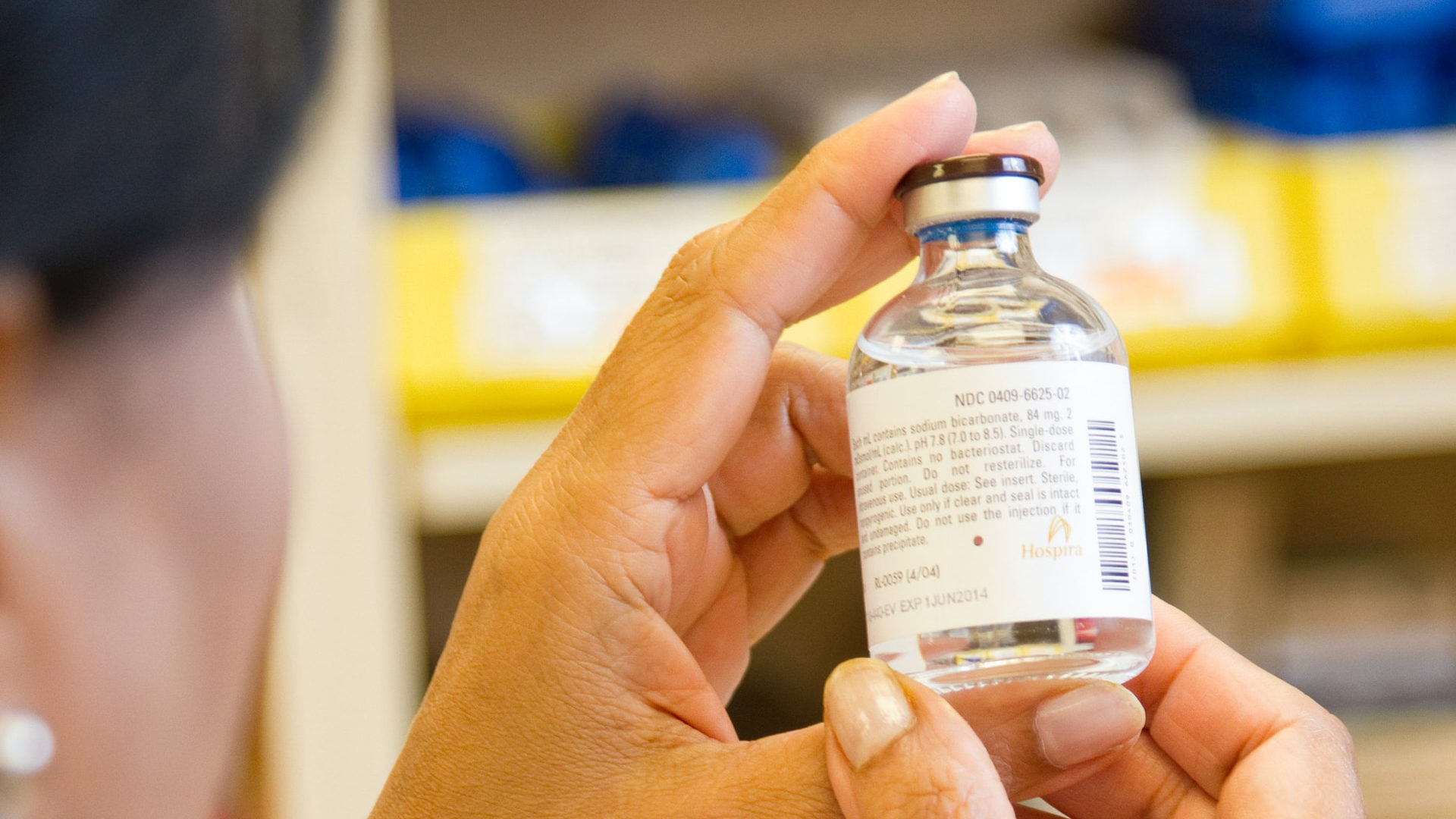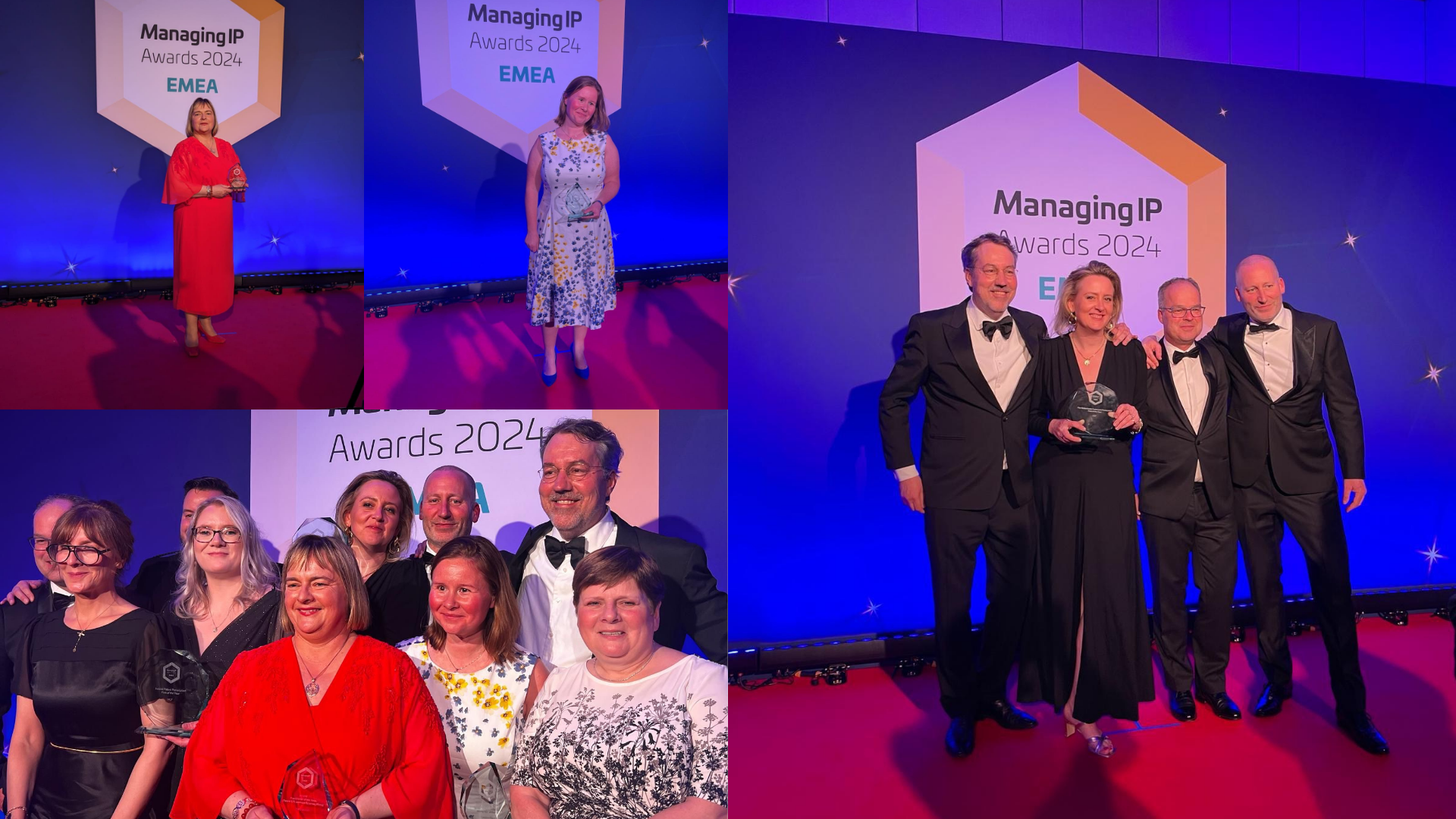News
UK Supreme Court invalidates Regeneron’s transgenic mouse patents for lack of sufficiency
June 2020
In its long-awaited judgment on the dispute over patents for transgenic mice, the UK Supreme Court has held by a majority (Lady Black dissenting) that Regeneron’s patents are invalid for a lack of sufficiency (Regeneron Pharmaceuticals Inc (Respondent) v Kymab Ltd (Appellant) [2020] UKSC 27).
The judgment reinforces the established case law on sufficiency – that is, a patent specification must enable substantially the whole range of products falling within a claim to be made by the skilled person at the priority date. The Supreme Court overturned the Court of Appeal’s previous ruling that this standard for sufficiency might be lowered where a ground-breaking invention provides a “principle of general application”.
Background
Regeneron’s invention related to transgenic mice which have been engineered to produce chimeric antibodies comprising a mouse constant region and a human variable region. Kymab claimed that Regeneron’s patents (EP1360287 and its divisional EP2264163) were invalid for lack of sufficiency – the legal requirement that a patent must provide sufficient information to enable a skilled person to carry out the invention.
The main claim on which the issue of sufficiency rested defined a transgenic mouse comprising in situ replacement of regions of the mouse antibody genetic locus with corresponding human regions (a “Reverse Chimeric Locus”). This claim was interpreted by the Court of Appeal as covering a range of products comprising some or all segments of the human variable region. Kymab argued that, at the priority date (February 2001), it was not possible to insert DNA encoding the whole of the human variable region into the mouse chromosome, and thus some products falling within the claimed range could not be made.
Diverging views of the Courts
The Court of Appeal held that although the disclosure of the patent, together with the common general knowledge at the priority date, did not enable all products falling with Regeneron’s claim to be made, the requirement of sufficiency was still met because “having regard to the nature and extent of the contribution the disclosure of the invention has made to the art, the scope of the claim is no more than necessary to confer fair protection”.
However, reflecting on the UK and EPO case law, the Supreme Court concluded that enablement across the scope of a product claim will not be established merely by showing that all products within the relevant range will (if they can be made at some point in the future) provide the benefit of the invention, regardless of how ground-breaking the invention may be.
Underpinning the Supreme Court’s judgment was the concept of the “patent bargain”. In return for a monopoly over a claimed product or process, the patentee must provide enough information for others to make use of the invention after expiry of the patent. The Supreme Court held that the requirement of sufficiency was only met if the disclosure of the patent, together with the common general knowledge as of the priority date, enabled the skilled person to make substantially all types of products falling within the claimed range. Since mice containing a large part or all of the human variable region locus, which are more valuable, could not be made using the teachings of the patent, the monopoly claimed by Regeneron was found to extend beyond the contribution made by the patentee to the art.
Conclusions
The majority judgment of the Supreme Court was unequivocal in its backing of the well-established law on sufficiency, going as far to say that the Court of Appeal had “watered down the sufficiency requirement which is a bedrock of patent law, tilting the balance of patent law in favour of patentees and against the public”.
The judgment serves as a reminder to patentees about the fundamental importance of satisfying the “patent bargain”. Over-reaching claims that cannot be properly justified by the technical contribution made to the art are invalid. Applicants are therefore reminded to resist the temptation to extend their claims beyond the limits of what they have made and tested without reasonable justification for doing so.
This article was prepared by HGF Partner Rachel Fetches and Patent Director Dr Jennifer Bailey. If you would like further advice on this or any other matter, please contact Rachel or Jennifer. Alternatively, you can contact your usual HGF representative or visit our Contact page to get in touch with your nearest HGF office.































